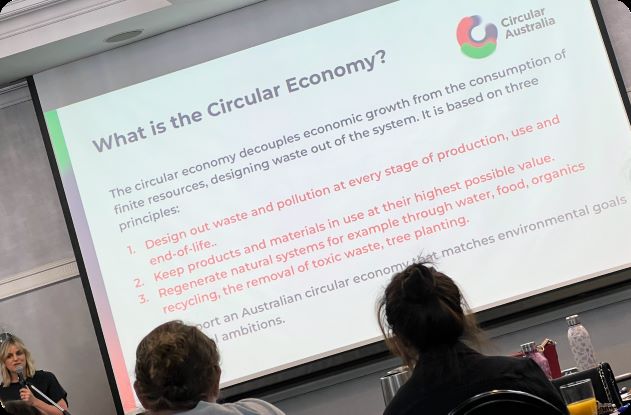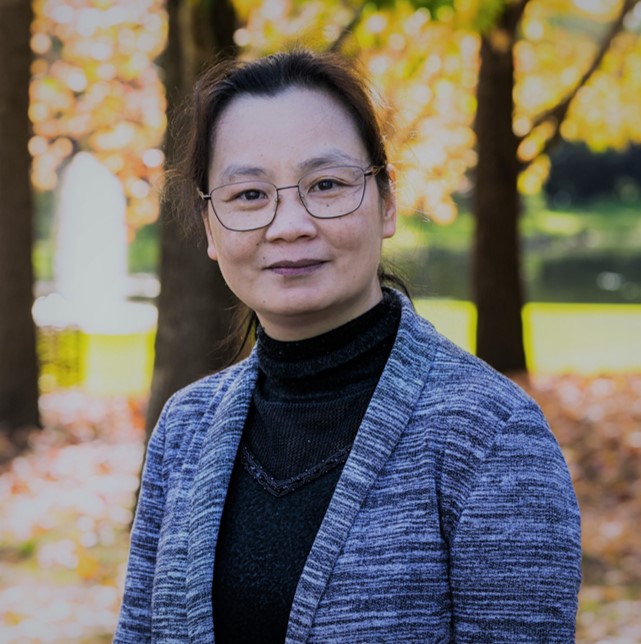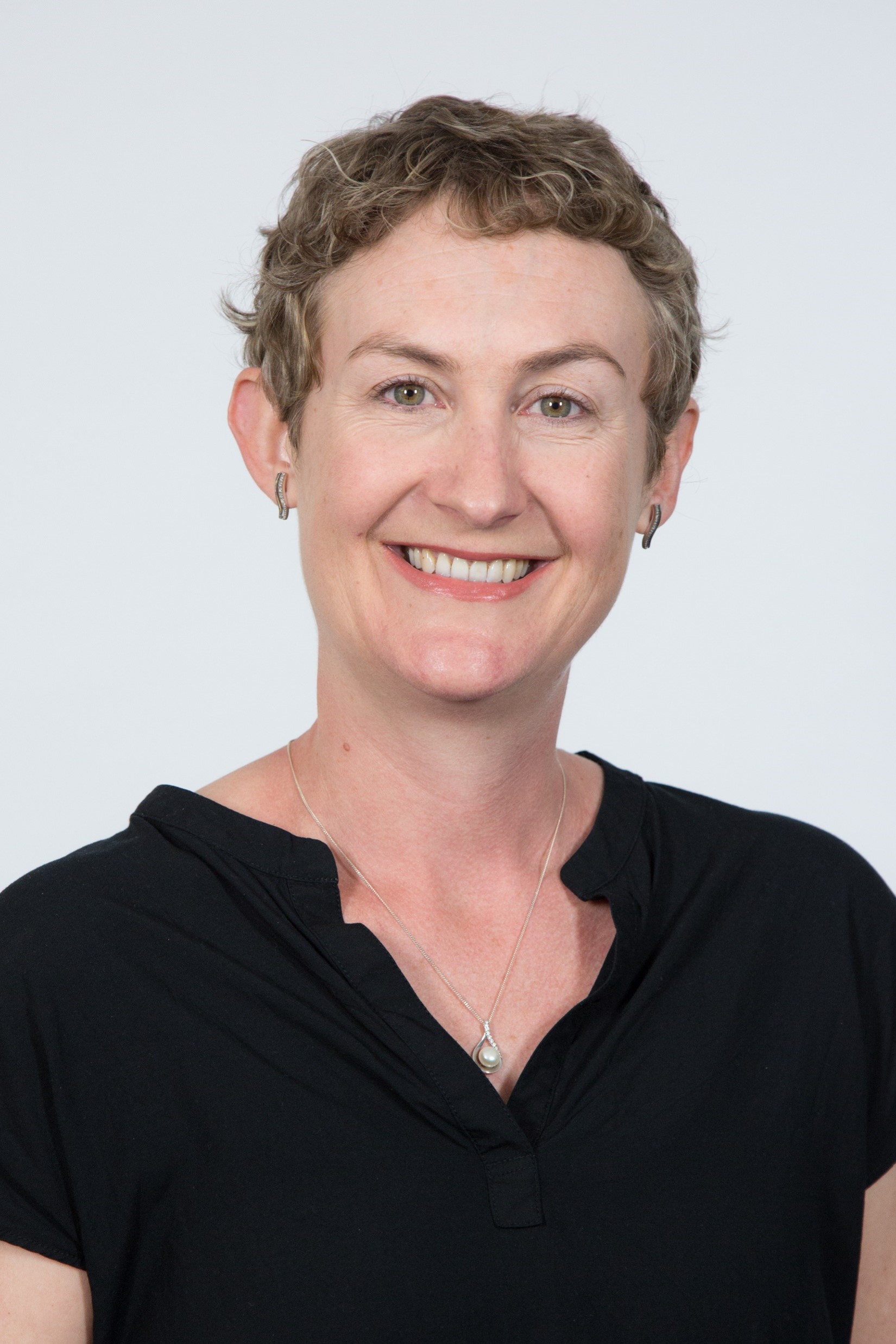News and events
Spotlight Interviews of BDRC Members
Spotlight on…Assoc Prof Yuling Wang
ARC FUTURE FELLOW, SCHOOL OF NATURAL SCIENCES, FACULTY OF SCIENCE AND ENGINEERING
What’s your area of research?
I am an interdisciplinary researcher working across chemistry, physics, engineering, and biomolecular sciences. My current research focuses on the development of platform technology that utilizes rationally designed multifunctional nanomaterials, spectroscopic techniques (e.g. surface-enhanced Raman scattering) and sensors for highly sensitive structural detection of disease biomarkers, with the aim to enable point-of-care testing and in vitro diagnostics.
What is the problem you aspire to solve?
Biomarkers hold much promise for the early and rapid detection of cancer and other diseases. In theory, multiple diseases could be diagnosed simultaneously at the point-of-care. But in reality, the lack of ultrasensitive technology is holding back the potential of biomarkers. My research effort is to provide innovative technologies that could rapidly and sensitively detect and monitor multiple biomarkers simultaneously in patient samples, thus delivering on the promise of biomarkers.
How do you fund your research?
It’s hard, but we try every single opportunity to seek funding through grants from the Australian Research Council, Cancer Institute, Macquarie University internal grants, as well as the industry-funded grant.
What’s a recent success that you’re proud of?
I have been recently awarded an ARC Future Fellowship, which I was so excited about. In the next 4 years, I will be able to work with world-renowned scientists to create an innovative and robust platform that will be used to profile the multi-omics signature of small extracellular vesicles secreted from host-pathogen interactions. We anticipate that this platform will be capable of delivering accurate sensing results and offering enormous potential for improved health and environmental outcomes, with applications in the life, agricultural and environmental science industries.
What’s one piece of advice you would give to an early career researcher?
Seek out a mentor who really cares about you. Set up regular meetings and prepare the meetings with your mentor.
What do you find most rewarding about your job?
Seeing students succeed in their projects, with publications, awards, and grant applications. I really enjoy working with students in the lab. Their success is also my success.
What do you find most challenging about your job?
Time management. I hate to do last-minute things, but I find it’s very challenging to get things done far before the deadline.
February 2022
Spotlight on…Dr Sasha Tetu
SENIOR LECTURER, SCHOOL OF NATURAL SCIENCES, FACULTY OF SCIENCE AND ENGINEERING
What’s your area of research?
My research looks at what kinds of microbes are present in different environments and what factors lead to certain microbes being more or less successful in a particular habitat. I also look at how bacteria adapt to different environmental pressures.
Many bacteria are amazingly adaptable, able to pick up new genes from the environment and use this new genetic information to deal with challenging conditions. In the past microbiologists have mostly thought about this from the perspective of disease, but I am interested in exploring how we can use this to our advantage and put bacteria to work, producing things of interest or helping to clean up environmental pollutants.
What inspires you?
I am inspired to tell the story of how critical bacteria are to good health in people, plants and animals, and also the planet.
Bacteria have had mostly bad publicity in the past, being considered mainly as disease-causing “germs”. Happily, this has started to change, and more people are learning about how bacteria can contribute to good health, due largely to interest in the gut microbiome. I hope to help to extend this awareness of the usefulness of bacteria, highlighting how bacteria contribute not just to our health, but also to healthy growth of plants and animals as well as supporting ecosystem health on land and sea via contributions to the food chain and nutrient cycling.
What’s a recent success that you’re proud of?
I am part of a team which was recently awarded an ARC Linkage Project to support industry-linked research into how drones might contribute to revegetation efforts here in Australia. My part will be looking at whether drone-planted seeds may benefit from a coating of “good microbes” to help with native seed germination and plant growth in efforts to revegetate degraded land.
It is fantastic to be involved in applied microbiology research with potential conservation outcomes and have a chance to collaborate with my good friends in plant biology.
What do you find most rewarding about your job?
Being able to interact with a great group of colleagues – I have been fortunate to have had a fantastic group of supportive work mates across all my years here at Macquarie, which has helped me to stay motivated and keep my head up when funding applications don't come through.
I also enjoy being able to teach a new group of students each year about all the roles the microorganisms play in human heath, industry, agriculture, etc. If some proportion leave with a better understanding of good handwashing technique AND an idea of what is now possible in modern day microbiology, I’m happy.
What do you find most challenging about your job?
Balancing all the research, teaching and administrative obligations whilst still finding time to hang out with my partner and two primary school age children – I am all too aware that the window of time where my kids want me to play lego and read to them won’t last forever!
July 2021
News
BDRC End-of-Year Symposium 2022

The Macquarie University Biomolecular Discovery Research Centre (BDRC) was delighted to host an onsite face-to-face symposium at the Epping Club on 13 December 2022, the first such event since COVID-19 restrictions hit us all in 2020. The event involved a diversity of speakers and themes, from science communication, to bioactives from honey, wearable technologies for health, and how to transition to an Australian circular economy.
Attendees included BDRC members, and members of two of Macquarie University’s large-scale research centres, which the BDRC helped to bring to life in recent years—namely the ARC Centre of Excellence in Synthetic Biology (CoE SynBio) and the ARC Training Centre for Facilitated Advancement of Australia's Bioactives (FAAB). Early career researchers and students (postgraduate and undergraduate) also attended and benefitted from the expertise and collaborative networks shared at the event.
Presenters at the symposium included: Kylie Ahern, CEO of STEM Matters, and founding publisher of science communication publication, The Brilliant; Dr Nural Cokcetin, Research Fellow, ithree institute, University of Technology Sydney; Dr Noushin Nasiri, Head of the NanoTech Laboratory at Macquarie University, and Lisa McLean, Managing Director and CEO of Circular Australia.
Potential for collaborations between industry, government and researchers was a common theme that came out strongly throughout the day. In particular, possible project collaborations between Macquarie University researchers and industry facilitated by Circular Australia have sparked considerable interest. New opportunities arising from such collaborative efforts are likely to be an exciting feature of 2023 and beyond, and may be integral to supporting our research efforts into the future.
"The Science of Communication for the Communication of Science”
A special event “The Science of Communication for the Communication of Science” organised by the Biomolecular Discovery Research Centre on 18th July 2022 featured guest Speakers Dr Leigh Dayton (internationally recognised, multi-award-winning journalist) and Dr Helen Wolfenden (Lecturer in Radio, Macquarie University, experienced radio presenter, producer, manager and researcher). An audience of over 50 attendees, including ECRs and HDR students, enjoyed dynamic presentations and discussions exploring the broad scope of science communication, MQ Radio station 2SER, and the specifics of radio and podcast media.
Young Tall Poppies in the BDRC
BDRC researchers Dr Amy Cain and Dr Vince Polito have been named as 2022 New South Wales Young Tall Poppies by the Australian Institute of Policy and Science (AIPS) for their ground-breaking research and contributions to their respective scientific fields. Congratulations Amy and Vince!
2022 Frank Fenner Award
Congratulations to BDRC Member Dr Amy Cain, joint recipient of the 2022 Frank Fenner Award from the Australian Society for Microbiology (ASM), alongside fellow-recipients Jai Tree and Karl Hassan. The award recognises distinguished contributions in any area of Australian research in microbiology by scientists in a formative stage of their career.
New Editor role
Congratulations to BDRC member Professor Benoit Liquet-Weiland from the School of Mathematical and Physical Sciences for being appointed Associate Editor of Biometrics, a top 10% journal in Statistics and Probability.
Probiotic for bees
BDRC executive member Dr Fleur Ponton from the School of Natural Sciences was featured in this Australian Geographic piece about new funding to develop a probiotic for bees. This story was originally published on The Lighthouse.
Clinical trial to test psychedelics in treating depression
BDRC Member Dr Vince Polito, an Australian leader in psychedelic research, is working with the Australian emerging company Woke Pharmaceuticals to design and run a clinical trial to discover whether a novel low dose formulation of synthetic psilocybin, the active ingredient in magic mushrooms, could be used to treat depression. Polito’s interdisciplinary team includes leading clinicians, senior researchers in cognitive and neuroscience, and some of the most experienced psychedelic researchers in Australia. Find out more.
Events
Upcoming Workshops
2023 NHMRC Investigator Grants
About: This workshop will provide and introduction to the scheme and what parts of the application have changed this round.
Date: Monday 30 January 2023
Time: 11:00 - 12:30
Location: Zoom
Speaker: Courtney Bendall (Research Services)
MCR Mentoring Program
The BDRC would like to invite Expressions of Interest for our Mid-Career Researcher (MCR) Mentoring Program.
MQ MCRs (5 - 15 years post-PhD) will be provided the opportunity to be part of a semi-structured and supportive relationship with senior researchers and academics in biomolecular science and related disciplines at Macquarie University, as well as external advisors from a variety of backgrounds in industry and media. For further information contact Anwar Sunna, BDRC Director (E: anwar.sunna@mq.edu.au)


